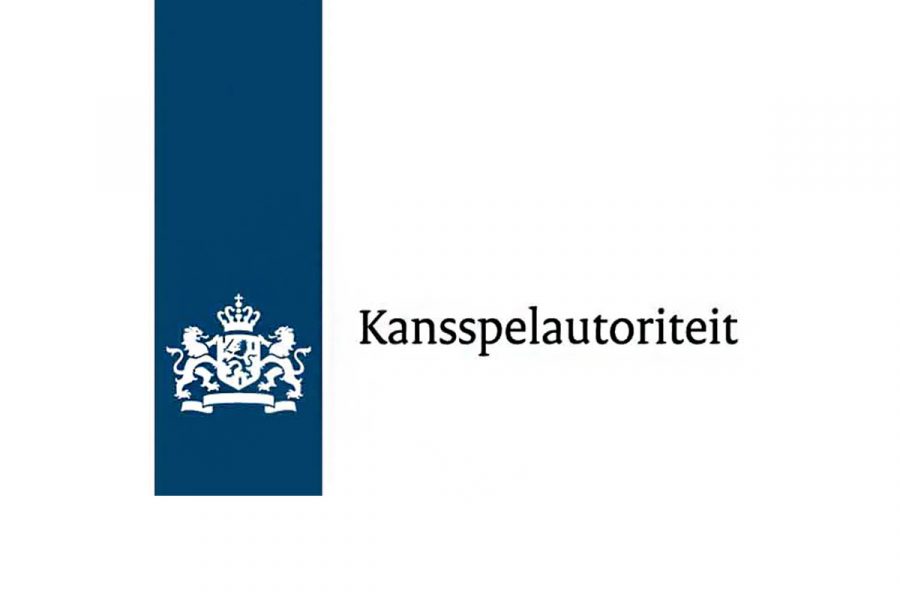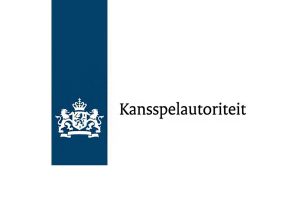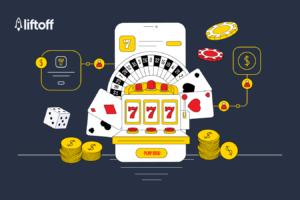Dutch regulator warns licensees over promotional games

The KSA has warned operators that games used to promote gambling products are covered by the Netherlands’ Remote Gambling Act.
The Netherlands.- The Dutch gambling regulator, Kansspelautoriteit (KSA), has warned licensed operators that promotional games are covered by gambling legislation. It says it will be monitoring the use of such promotional games in the coming months.
The KSA said that while promotional tools such as prize draws on social media and the use of prize codes on the caps of softs drinks bottles did not require a permit, they must comply with advertising rules under the Netherlands’ Remote Gambling Act.
Promotional games of chance are those in which consumers can win a prize without needing to pay to enter. Participation must be free with no cost to enter other than a maximum communication cost of 45 cents. A game must not be used more than once a year and parental consent is required for minors.
The maximum prize for promotional games of chance is set at €100,000 and games with prize packages passing €4,500 can only have up to 20 draws. Participants must be able to see the general terms and conditions.
The KSA said: “The rules exist to protect consumers against the risks associated with games of chance, such as developing gambling addiction. For this reason, adverts may not, for example, target minors, young adults and other vulnerable groups.
“In the coming period, the KSA will closely monitor the promotional games of chance used by gaming providers. If violations are found, they risk enforcement action.”
Meanwhile, René Jansen, chair of Kansspelautoriteit, has said that the regulator’s increased fines are helping to dissuade unlicensed operators from targeting the Dutch market. He also said that inspectors had been effective in the action they have taken against unlicensed operators since the regulated online gambling market launched in October.
In a blog for the KSA, he recognised that unlicensed activity had not disappeared but noted that the KSA has investigated “around 200 websites” and had issued several cease and desist orders.
He said: “Strict implementation of the duty of care is certainly not the only factor in creating a safe environment for players – the objective of the Remote Gambling Act. An equally important variable is the approach to tackling the remaining illegal online offer. I realise that this has been a less visible activity of the KSA lately. However, our inspectors certainly did not sit on their hands.”
Jansen also repeated the KSA’s call for payment providers to avoid facilitating illegal gambling. He said that providers who failed to do so would be issued warnings, which will be followed up with binding instructions to block payments.
The Netherlands to consult on gambling advertising ban
Gambling operators in the Netherlands were surprised last week to learn that the Dutch government plans to ban all TV, radio and outdoor gambling advertising from January 1. Gambling sponsorship arrangements would be phased out in two stages over subsequent years – first media sponsorship from January 2024, and then all sports sponsorship in 2025.
The government has now launched a first-stage consultation on the proposed ban to seek feedback from all those affected, including “consumers, media agencies, sports clubs and gambling operators”. The consultation will run until September 4.
At the start of the month, the Netherlands introduced a ban on the use of role models in gambling advertising.











